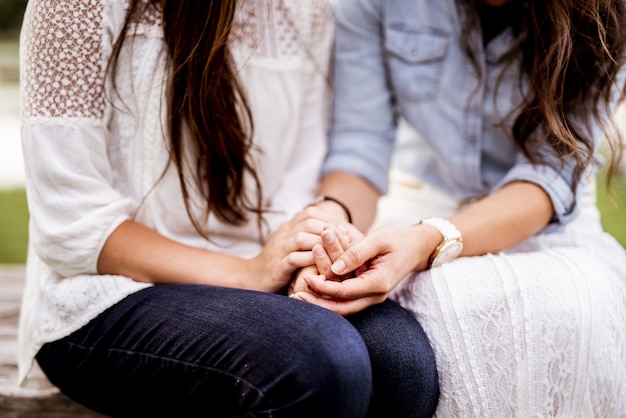

The other day, someone reached out, mentioning she had a tough time forgiving a work colleague who habitually dismissed her great ideas without much thought. This behavior was apparently a routine for her colleague.
The person who wrote to me found these actions very hurtful and spent several days wrestling with feelings of resentment while trying to practice forgiveness and cultivate loving-kindness (also known as metta). Eventually, she succeeded in forgiving her critic, illustrating that practice does work.
However, it took her quite some time to regain her peace, highlighting what I believe is a missing link in many people’s practice of loving-kindness. Often, when we’re hurt, the key is to practice kindness and compassion toward ourselves. I’ve discussed this in various places, including in my writings like “Self-compassion: loving-kindness squared” and “The power of self-kindness”, as well as in my book “This Difficult Thing of Being Human.”
When the colleague reacted negatively, it caused my correspondent pain. The subsequent resentment only added to this pain. Trying to wish another person well while not addressing our own suffering often fails to be effective. This isn’t meant to blame anyone; it’s a common oversight in practicing loving-kindness.
Resentment is a way for our pain to protect itself, acting like a spiky forcefield around our hearts. By recognizing and offering love and reassurance to our own pain, we protect our heart in a more nurturing way. This makes it easier to direct love towards the person who hurt us and to let go of resentments more quickly, sometimes within minutes or even seconds rather than days.
Ignoring our pain to focus on well-wishing for others isn’t very compassionate to ourselves and can be unintentionally cruel. Imagine ignoring a visibly distressed friend — that would only add to their pain. Similarly, when you ignore your own hurt, it deepens.
As the hurt continues to protect itself with resentment, the cycle perpetuates until true kindness breaks through, changing the dynamic. This allows us to let go of some resentment and let our hearts feel safe again. The process of trying to be kind to others while inadvertently being unkind to ourselves prolongs our reactions.
In my practice, I’ve come to see that being kind to ourselves first is crucial before we can genuinely be kind to others. A practical way to alleviate our own pain before forgiving someone is to acknowledge and address our hurt with compassion.
Thank you for pointing this out, as it reminds me to share more about this. Practical strategies can be found in more detailed articles linked within this context. Realizing how much anger and other negative emotions we carry and how they hinder us is essential.
Here’s to more kindness for everyone, starting with self-love.